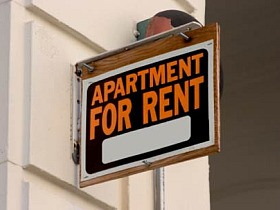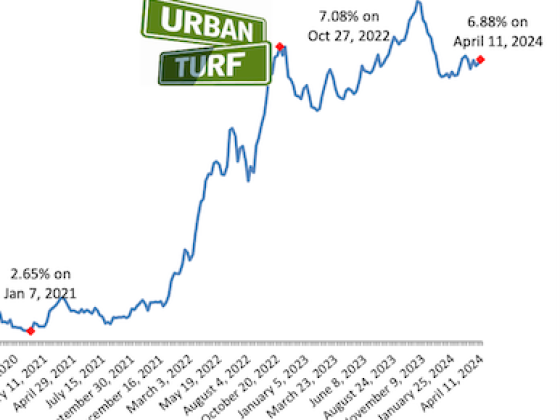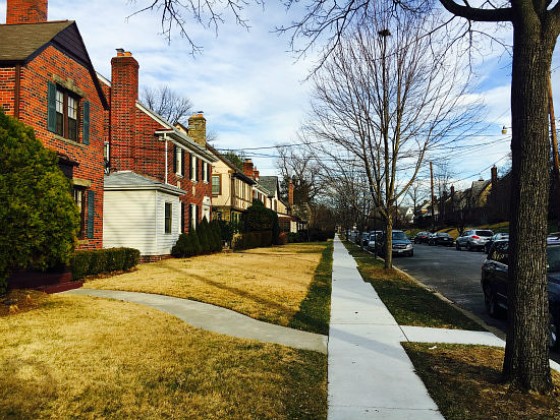 UrbanTurf Reader Asks: How Do I Increase Rent?
UrbanTurf Reader Asks: How Do I Increase Rent?

Recently, a reader wrote in to UrbanTurf asking for advice on how to increase the rent on her rental property. She is in the process of creating a new lease for a current tenant and is having trouble figuring out the allowable rent increase. Additionally, she wants to shift the burden of a few more utilities to the tenant.
We reached out to Joel Cohn, the Legislative Director of DC’s Office of the Tenant Advocate, for some advice on the best approach to take.
Here is Cohn’s response:
1. For any unit under rent control, the maximum standard annual rent increase is based upon the CPI percentage for the current “rent control” year, which is published each February by the DC Rental Housing Commission. The “rent control” year runs from May 1st through April 30th of the following calendar year. The cap for elderly tenants (age 62 and over) and tenants with disabilities is the CPI percentage itself. For all other tenants, the cap is the CPI plus 2 percent. The current CPI figure is 3.6 percent. Thus, for elderly tenants and tenants with disabilities, the maximum rent increase is equal to the current rent charged multiplied by 0.036. For all other tenants, the maximum rent increase is equal to the rent charged multiplied by 0.056. (Unless the housing provider has properly registered the unit as exempt, the unit does fall under rent control and all rent increase restrictions apply.*)
2. After the expiration of a lease term, a tenant in the District is entitled to continue the tenancy on a month-to-month basis on the same terms except for allowable rent increases. Tenant’s refusal to sign a renewal lease is not a valid basis to evict the tenant, regardless of whether the unit is under rent control. Of course, if both parties agree to do so, they may execute a renewal lease.
3. Generally nothing prohibits a landlord from shifting the cost of a utility (like water and sewage) onto the tenant, except that the tenant may have a legal claim if this violates a lease term. If the unit is under rent control, however, then the landlord must reduce the rent charged to reflect the reduction in services. This is done through a “reduction in services & facilities” petition, which the landlord must file with the Rent Administrator’s office.
*To find out if your unit qualifies for exemption, check the relevant section of DC’s Tenant Survival Guide.
Readers, what do you think? If you have any experience with the matter or additional insight, please respond in the comments.
Update: As some readers pointed out, Joel Cohn’s original answer omitted a key consideration regarding the maximum allowed rent increase. We have replaced the paragraph — point 1 — with Joel’s updated response.
See other articles related to: landlord, urbanturf reader asks
This article originally published at https://dc.urbanturf.com/articles/blog/urbanturf_reader_asks_how_do_i_increase_rent/5675.
Most Popular... This Week • Last 30 Days • Ever

DC's homebuyer assistance programs can be a bit complex. This edition of First-Timer ... read »

When it comes to financing a home purchase, a 30-year mortgage is one of the most com... read »

Pocket listings are growing in popularity in the low-inventory market in the DC regio... read »

Plans for the development at a prominent DC intersection began nearly eight years ago... read »

The eight-bedroom, 35,000 square-foot home in McLean originally hit the market in 202... read »
DC Real Estate Guides
Short guides to navigating the DC-area real estate market
We've collected all our helpful guides for buying, selling and renting in and around Washington, DC in one place. Start browsing below!
First-Timer Primers
Intro guides for first-time home buyers
Unique Spaces
Awesome and unusual real estate from across the DC Metro















